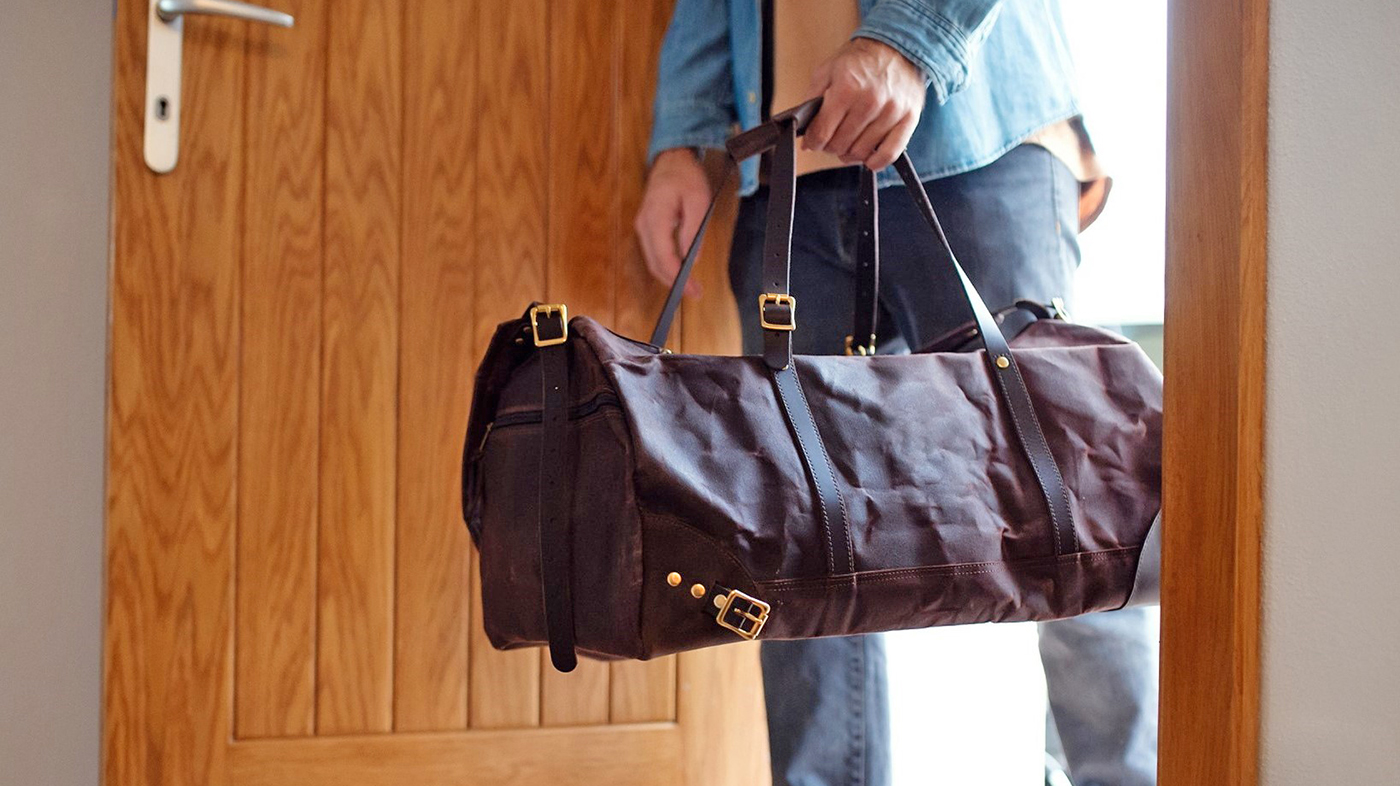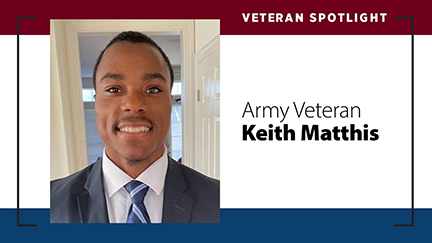Stopping a problem before it starts sounds like it requires time travel or movie magic, but sometimes it’s as simple as knowing the conditions that make the problem more likely. That’s the foundation of VA’s Help with Employment, Agency, Risk, Transitions and Housing (HEARTH) project.
It’s a national pilot program which reaches out to Veterans who are likely to need help smoothing the way to civilian life and heads off challenges such as homelessness, unemployment and substance abuse.
Finding his way
Keith Matthis is one of the first Veterans to benefit from the program. After serving in the Army, he didn’t have much of a plan when he was discharged.
Though he had no money in his bank account, Matthis knew he could count on family to keep a roof over his head and food on the table. But he didn’t yet know there was someone else he could count on: VA caseworker Jill Dunmire Siddiq.
She is one of seven HEARTH social workers who offer supportive case management services for up to six months to Veterans deemed at higher risk for a negative outcome after discharge.
The pilot project is founded on the idea that intervening well upstream of a potential issue like homelessness can prevent that issue from ever becoming reality. Most importantly, the project’s broad eligibility criteria allow it to serve Veterans with other than dishonorable discharges or those with shorter periods of active duty service time.
When he first connected with Siddiq through HEARTH outreach efforts, Matthis was drifting. She helped him find direction, develop a plan for his future and keep accountable to the plan.
Her frequent check-ins gave him the structure he needed and the motivation to make changes like giving up marijuana that he believed was holding him back.
“Kudos to you for recognizing what you need to do to continue to have success in your life. My heart is filled with joy,” Siddiq said.
Making dreams a reality
Matthis called those first six months after leaving the military “the hardest time” because he had internalized messages that wouldn’t amount to anything. Having the right people in his corner, pushing him to the next level, was essential to getting out of that mindset.
After a temporary summer job working in pest control, he was hired full-time as a security guard. Having graduated from HEARTH, he’s now “free from having to depend on somebody else” and has been living on his own for six months.
“The program helped me get to the point where I was able to get back on track and find out what I wanted to do. And now I’m making my dreams reality,” he shared.
Learn about VA programs
- If you are a Veteran who is homeless or at risk for homelessness, call the National Call Center for Homeless Veterans at 877-4AID-VET (877-424-3838).
- Visit the VA Homeless Programs website to learn about housing initiatives and other programs for Veterans exiting homelessness.
- Check out the Ending Veteran Homelessness podcast to learn more about what VA is doing about Veteran homelessness.
- Learn how to get involved with housing homeless Veterans.
Subscribe to the Homeless Programs Office newsletter to receive monthly updates about programs and supportive services for Veterans experiencing or at risk of homelessness.
Topics in this story
Link Disclaimer
This page includes links to other websites outside our control and jurisdiction. VA is not responsible for the privacy practices or the content of non-VA Web sites. We encourage you to review the privacy policy or terms and conditions of those sites to fully understand what information is collected and how it is used.
More Stories
The slopes of the Winter Sports Clinic help Veterans with disabilities remember that pushing boundaries—and not their limitations—is what defines them.
One unbreakable bond shows that "even little things can change people’s lives.”
Through the Whole Health program, a Veteran reconnected with his love of riding motorcycles.






